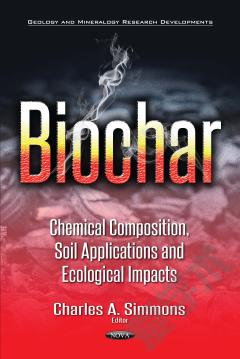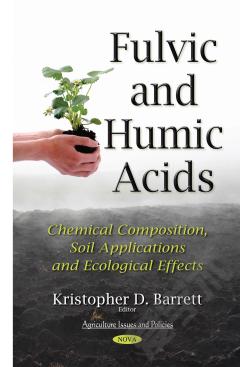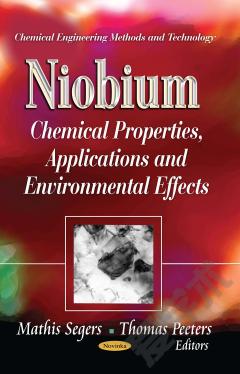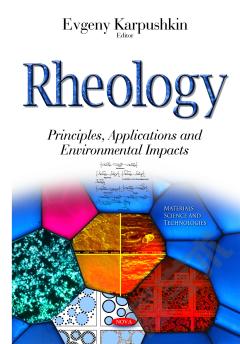Biochar: Chemical Composition, Soil Applications and Ecological Impacts
Biochar is the solid product obtained from thermal chemical conversion of biomass under inert or anoxic atmosphere. The application of biochar into soil can produce many beneficial effects on soil, e.g., the abundant pore structures in biochar can increase the porosity and water retention capacity of the soil, the rich functional groups on biochar surface can increase the cation exchange capacity of the soil, the stable polycyclic aromatic compounds in biochar structures can enhance the carbon sequestration of soil, potassium, calcium, magnesium contained in biochar can improve the soil for the growth of plants. Chapter One details the physical-chemical properties of the biochars obtained from the pyrolysis of sawdust at different temperatures, and it covers: (a) the micro-physical structure including pore size, pore structure, and specific surface, (b) the functional groups including oxygen containing functional groups and aromatic ring structure, and (c) the alkali and alkaline earth metal (AAEM) species including total AAEM species and the distribution of AAEMs. Chapter Two demonstrates that biochar is a beneficial soil amendment that can improve soil fertility and increase crop biomass yield in a greenhouse setting. Chapter Three determines the capacity of biochar to fix metals and enhance the positive effects of technosols.
{{comment.content}}








 京公网安备 11010802027623号
京公网安备 11010802027623号